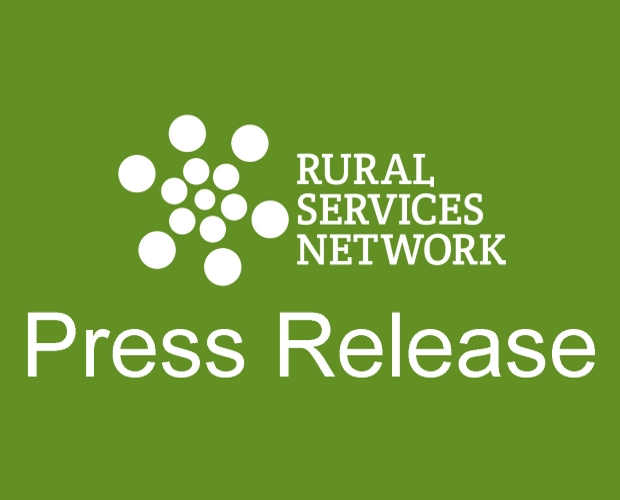T: 01822 851370 E: [email protected]
RSN Voices Serious Concerns Over ‘Fairness’ Of Settlement
Read here...
A recent report by the Local Government Information Unit (LGIU) has painted a stark picture of the financial pressures facing local councils in England. The LGIU’s 12th annual "State of Local Government Finance" survey has brought to light significant challenges,...
The Ministry of Housing, Communities and Local Government has announced that select councils experiencing significant financial difficulties will receive additional government support to aid in balancing their budgets for the upcoming financial year. Thirty councils identified as facing exceptional circumstances...
A concerning report from the Local Government Association (LGA) has highlighted a looming financial crisis that could affect over half of the councils responsible for supporting children with special educational needs and disabilities (SEND). This crisis stems from the upcoming...
As the Final Local Government Finance Settlement has now been published, the Rural Services Network (RSN) expresses deep concern over the allocation of government funding. The settlement fails to ensure a fair distribution of resources and does not adequately recognise...
The Rural Services Network (RSN) continues to express deep concern over the significant disparities highlighted in the latest local government finance settlement. The funding allocations continue to disadvantage rural communities, where residents already face higher costs and reduced services compared...
Eighteen local councils in England have formally requested to delay their upcoming May elections until next year to facilitate significant structural changes to local government. The proposed postponements are intended to support a reorganisation initiative that aims to merge smaller...
The recently published Sector Pulse Check 2024, a collaboration between Hft and Care England, sheds light on the financial and workforce struggles facing the adult social care sector. Based on data from over 200 care providers, the report paints a...
As the national champion for rural services, the RSN is committed to advocating for equitable funding across England's rural communities. Today we will be submitting our detailed response to the government's consultation on the Provisional Local Government Finance Settlement, highlighting...
The recent introduction of the Bus Services Bill marks a significant legislative milestone aimed at revitalising public transportation across the country. The bill, which grants enhanced powers to local authorities, focuses on improving transport services particularly in rural and underserved...
The Rural Services Network (RSN) has conducted an initial analysis of the recent Provisional Local Government Finance Settlement and is deeply concerned about the implications for England's rural communities. While the government promised no reductions in Core Spending Power, many...
NEWSLETTER
Sign up to receive all our latest news and updates.
HOT TOPICS
Amid reduced public spending, fair resource allocation across regions is crucial. Despite a population larger than Greater London, rural areas receive significantly less funding for essential services, even though delivering these services in rural areas is more expensive.
Economic growth is widely acknowledged as essential for national wealth and prosperity and is a priority for political parties. Rural economies, employing millions and home to a higher proportion of small businesses, have potential for growth if barriers are removed.
Rural residents face distinct healthcare challenges, including limited access to transport, longer distances to medical facilities, an aging demographic, housing inadequacies, digital connectivity gaps, and difficulties recruiting health and care workers.
Rural communities are grappling with a severe affordable housing crisis, marked by high house prices, a lack of affordable housing, elevated living costs, and lower incomes, threatening their sustainability and vitality.
Transport is vital for the quality of life and economic health of rural areas, yet it faces challenges such as infrequent public bus services and less Government funding compared to urban regions.
Rural areas, encompassing a substantial portion of England's population and land, play a pivotal role in combating climate change and achieving the net zero target.
In an increasingly digital world, the lack of robust digital infrastructure in rural areas severely limits access to crucial services and stifles economic growth.
A future-focused vision for rural communities involves not just building the right homes in the right places but also ensuring thriving, sustainable communities.
SIGN UP TO OUR NEWSLETTER
Sign up to our newsletter to receive all the latest news and updates.













